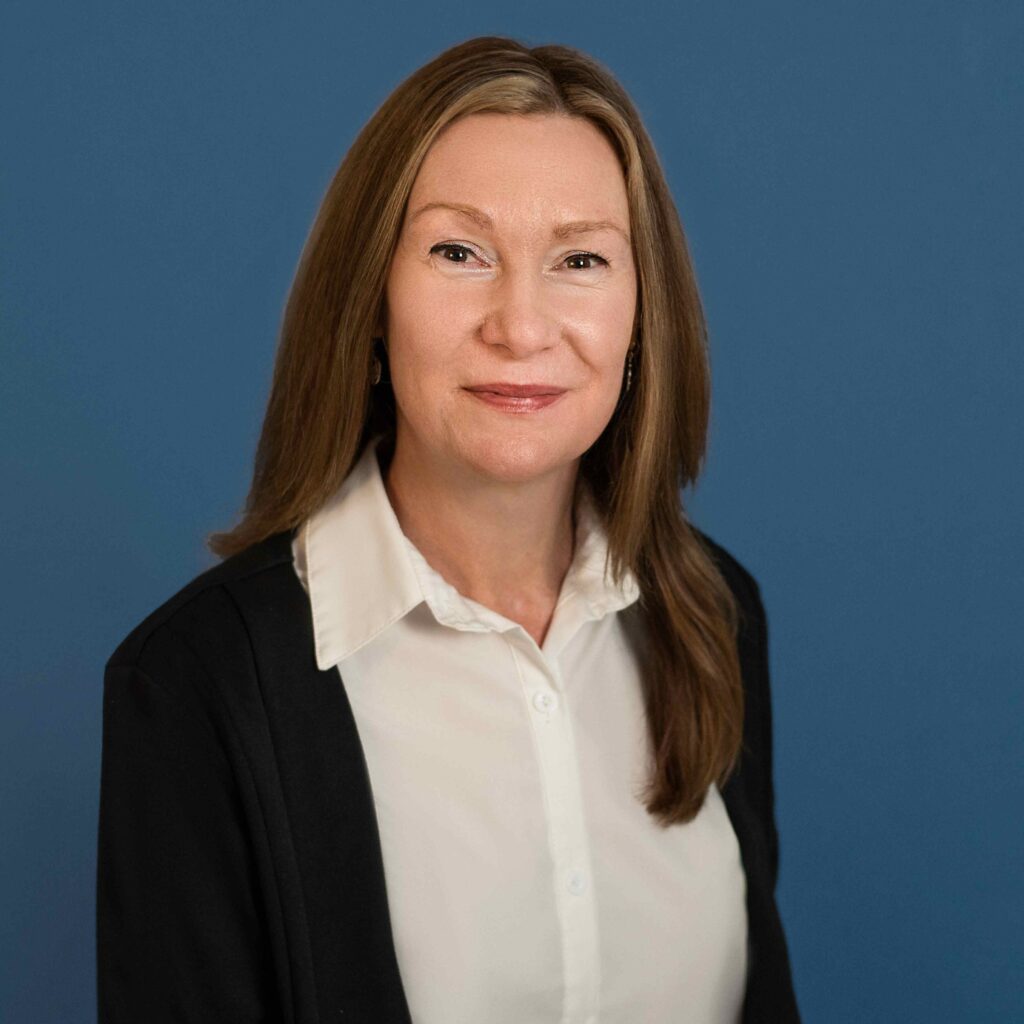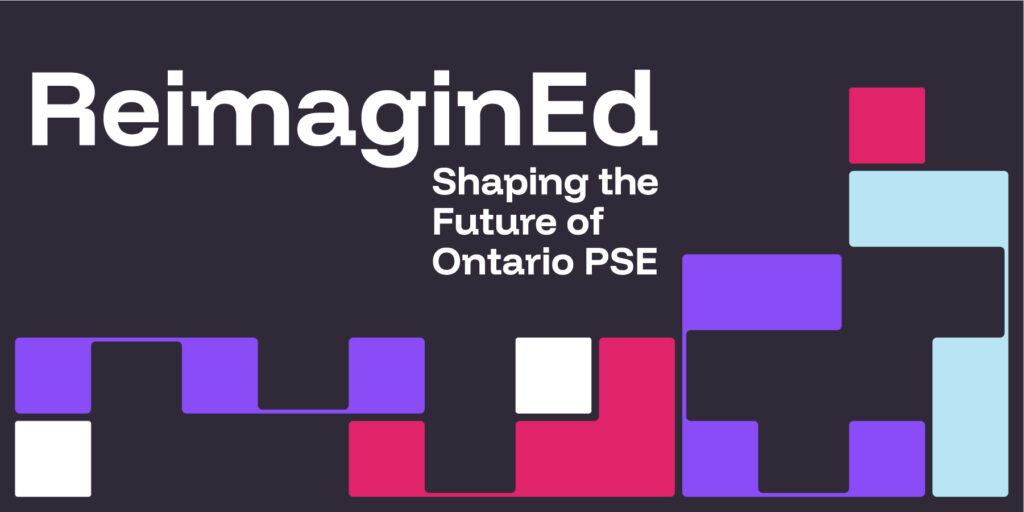
On November 7, HEQCO will hold its tenth annual conference, ReimaginEd. This year’s event is focused on system design and will feature over 45 speakers across 12 different sessions exploring innovative ways to make improvements across the field of higher education.
As we approach the conference, we’ll be featuring conversations with some of the speakers to learn more about the work they’re doing.
Lori Webster’s work at the Welland Multicultural Centre in Niagara revolves around supporting newcomers to Canada by coordinating a variety of projects at both the federal and provincial levels. She will be a speaker at our session “New Beginnings: Supporting Newcomers’ Educational and Career Success in Ontario” in our first morning block of sessions.
We asked Lori about her 18 years of experience supporting newcomers to Canada.
HEQCO: Can you describe your current role and how it overlaps with the postsecondary sector?
Lori: We launched the Internationally Educated Health Professionals (IEHP) Hub Pilot Project in January of 2024 to provide a place for internationally educated health professionals to receive the information and advocacy needed to succeed in their chosen healthcare career in Canada. Clients who completed their healthcare education in another country contact us for information about the credential recognition process, licensing process, available bridging programs, as well as financial supports and other supports like networking and mentorships to complete their career goals. Our project is funded in part by the Government of Canada’s Foreign Credential Recognition Program and is inclusive of all health-related professions such as pharmacist, psychotherapist, dentist, physiotherapist, nurse and physician.
Every IEHP has a unique pathway due to the country in which their education was completed, as well as their career choice and life circumstances. For example, some internationally trained nurses, after completing their credential recognition, are required by the College of Nurses of Ontario to complete further education. In recent years the Province of Ontario has a list of funded courses to assist with this requirement. It’s access to information like this that makes our project a contributor to the success of IEHPs. The Province of Ontario lists a number of bridging programs that also support internationally trained individuals to be able to bridge their education and work experience with the requirements of their career in Canada. The Learn and Stay Grant can be another good option. These programs are offered through universities, colleges and agencies that support newcomers to Canada.
HEQCO: You’ve been working with newcomers to Canada for almost 20 years; how has your work changed over that time?
Lori: Interestingly, the one thing that remains constant in this work is change! Every newcomer arrives with their own story and individual pathway to fulfilling their professional goals. Depending on their age and family situations, some are making decisions for themselves, while others are considering the next generation. There are continually shifting dynamics such as the funding for different newcomer services, and the labour market for jobs that are in demand or difficult to access. Regulated professions that require a license update their processes and procedures, so need to be researched every time before providing guidance. Some long-awaited positive advances are being seen in recent years in response to advocacy such as Ontario now having a Practice Ready Assessment pathway for internationally trained physicians. The most fulfilling aspect of working with newcomers for so many years is seeing them achieve their professional goals and then offering to mentor the newcomers who are just beginning their career process.
HEQCO: What’s something a lot of people don’t know or misunderstand about the process of immigrating to Canada?
Lori: What comes to mind is the length of time and expense of becoming licensed in regulated professions. Internationally educated health professionals can be accepted to Canada for their in-demand skills but then find out after they arrive that there is a credential recognition and licensing process, and that they cannot immediately begin working. This has been flagged as an ethical issue, with advocates calling on immigration pathway information to be made clear to pre-arrivals so they are making fully informed decisions, as well as requesting credential recognition and regulatory bodies to simplify processes for credential recognition and licensing. Thankfully there are now pre-arrival services available through Canadian government-funded programs, including our IEHP Hub Pilot Project. Prospective immigrants can find our project online and request credential recognition and licensing information before they arrive to Canada, starting their process ahead of time which is a win for everyone.
To hear more about Lori’s work and ways to support newcomers’ educational and career pathways in Ontario, register now for ReimaginEd and be sure to join her session!

